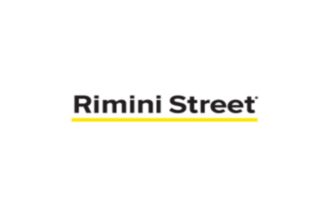In an earnest effort to protect young internet users from exposure to harmful content, the Infocomm Media Development Authority (IMDA) of Singapore has issued a new code of practice that imposes stricter controls on social media advertisements.
Taking effect from July 18, 2023, the Online Safety Code is designed to ensure that social media accounts owned by children do not receive advertisements, promoted content, or content recommendations that could potentially harm their physical or mental well-being, according to a statement released by the IMDA.
Also Read: GrabAds Unveils ‘Marketing Manager’: A Game-Changer for Southeast Asian MSMEs
The newly-introduced code stipulates that designated Social Media Services (SMSs) in Singapore, including Facebook, Instagram, TikTok, Twitter, YouTube, and HardwareZone, are required to bolster their online safety measures. They will need to provide tools to conceal harmful content and avoid unwanted interactions, limit location sharing, and reduce the visibility of their accounts to other users, among other measures.
These platforms, which have been extensively engaged by the IMDA, are required to submit online safety reports on an annual basis. The first such reports are due to be submitted in the second half of 2024. These reports are expected to provide information about the measures that the designated SMSs have implemented to tackle harmful content and improve the experience of Singapore users on their services.
In addition to these provisions, SMSs are expected to implement tools that allow parents and guardians to manage their children’s online safety. This would include tools to manage content visibility, account public visibility, interactions, and location sharing.
The ultimate aim of these measures is to curb the dissemination of harmful content on their platforms. This encompasses sexual content, violent content, content promoting suicide or self-harm, cyberbullying content, content endangering public health, and content facilitating vice and organized crime.
Commenting on this initiative, Minister for Communications and Information, Josephine Teo, expressed on Instagram: “Any social media user can attest to having seen sexually explicit, violent, or even self-harm content online. Our young ones are particularly vulnerable to these types of content and they must be better protected.”
This Online Safety Code follows the recent enactment of the Online Criminal Harms Act by the parliament. This act empowers the government to order individuals, entities, online service providers, and app stores to remove or block harmful content under reasonable suspicion of a specified offence being committed.
Source: Marketing Interactive

















